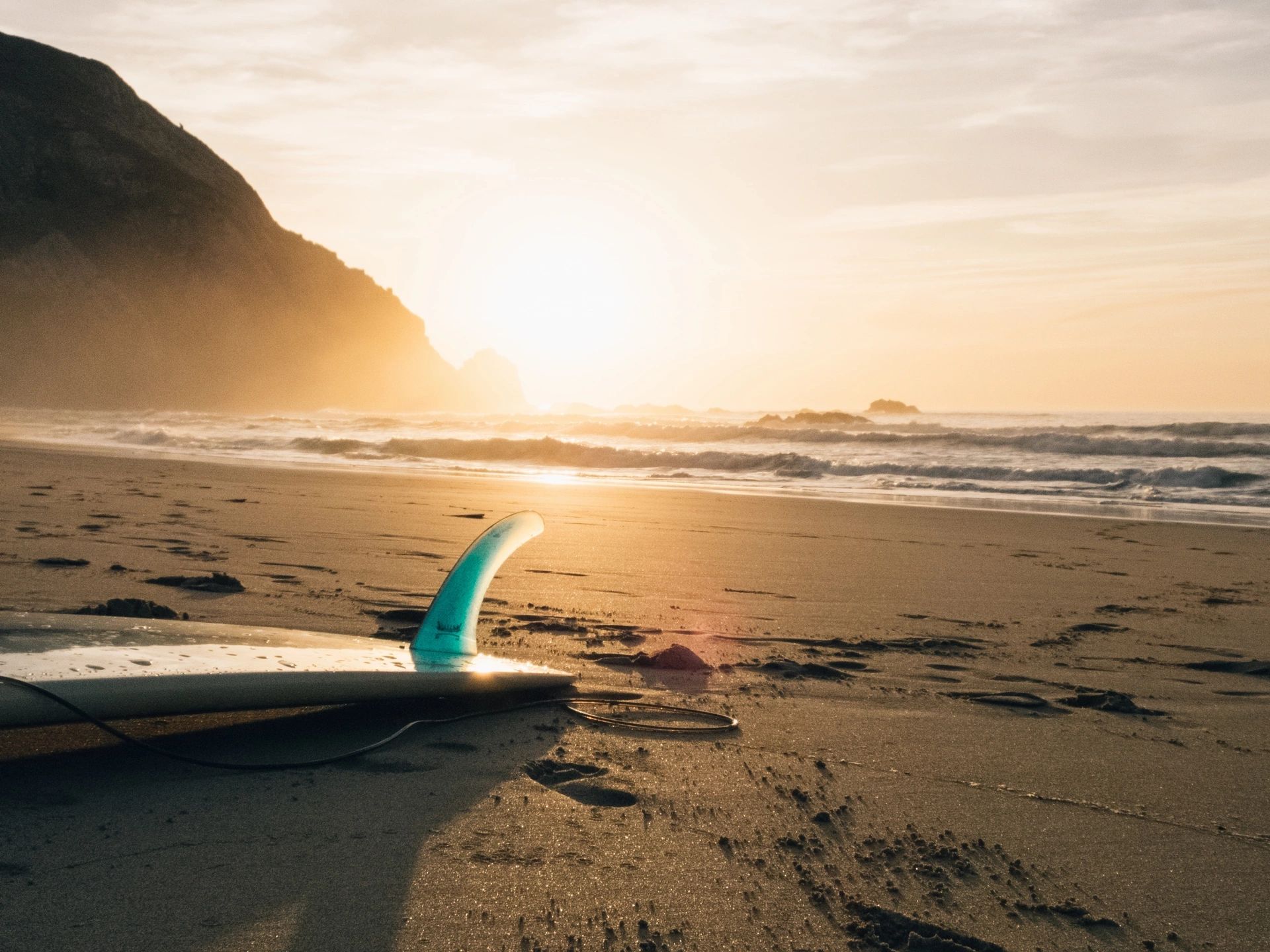At age 50, I got divorced, got sober from alcoholism, became an empty nester, and was living alone for the first time in my life. I felt rudderless.
As a gift to myself for my fiftieth birthday, I decided to try 50 new things to determine how I wanted to live the next chapter of my life. These included physical challenges, social activities, learning and teaching, spiritual endeavors, thrill-seeking ventures, lifestyle changes, and travel. Each thing, even those I will never do again, taught me something about myself.
One of the most drastic things I did was to sell most of my things, put the rest in storage, and volunteer at a school high in the Himalayan mountains. It became an exercise in cultivating gratitude. Helping others made me get out of my head and focus on all my blessings instead of all that I had lost. I took so much for granted, like accessibility to clean water, heat, housing, and food. My students had none of that, yet they were the happiest I have ever met.
The pandemic reinforced these lessons. Most of us reassessed what was most important in our lives. For many, it was relationships, not things. We got by with fewer trips to the grocery store. We made do. But what we missed most were our family members and friends. We missed the community. These lessons will likely stay with us, and we will focus on people, not the pursuit of objects.
One of the biggest changes in my life is that I spend a lot of time as a digital nomad. I am fortunate that my law job can mostly be done from anywhere. Many of my hearings and depositions are conducted on the Internet. I often travel with a digital nomad group called Remote Year, which arranges for an office, an apartment near the office, curated experiences, and a community to explore each city. While I have traveled alone, having a community and people to experience new places enhances the experience and makes me feel safer.
I am happily writing this piece from Lima, Peru. Travel expands my perspective. During my travels, I keep learning new things and ways of approaching life. I also am strengthening my language skills. Studies show that mental challenges help to keep our brains strong and may stave off cognitive decline.
One thing I did during my fiftieth year that I will not do again is sing on stage. I went to an open mic night to see what it would feel like to perform a song. I was terrible. But the experience expanded my comfort zone. Courage is not the absence of fear but feeling the fear and doing something anyway.
I also tried online dating (not successful), speed dating (mildly successful), joining Meet-Up groups (fun experience), and a host of other things I had yet to do before my fiftieth year. My friends and family did not agree with some of my choices, but I learned to stop “should-ing” all over myself. In this third of my life, I pay more attention to what I want to do and search for opportunities based on my values.
Re-building my relationships with my children was difficult. If we do our job right as parents, we train our children not to need us anymore. This hit my ego, but I have learned to adapt. My children are adults now and only want my advice if they ask for it. I see them making mistakes, including some I have made, but mistakes help us learn. Allowing them to make their own mistakes also is a sign of respect.
Of course, life will continue to throw challenges in my path. But now, with all of the introspection and work I have done to heal my inner demons, I can respond more productively and healthily. As Viktor Frankl said in his book Man’s Search for Meaning, everything can be taken from us, but the ability to choose our attitude in any situation.
As a woman turning 60 this year, I have become more acutely aware that I have lived more life than I have ahead of me. This fact has inspired me to do as much as possible while I still can. One of my goals is to visit 65 countries by the end of my sixty-fifth year. I can do it.
Our lives are happening right now. Tomorrow is not guaranteed. What will you do with the time you have left?


Leave a Reply